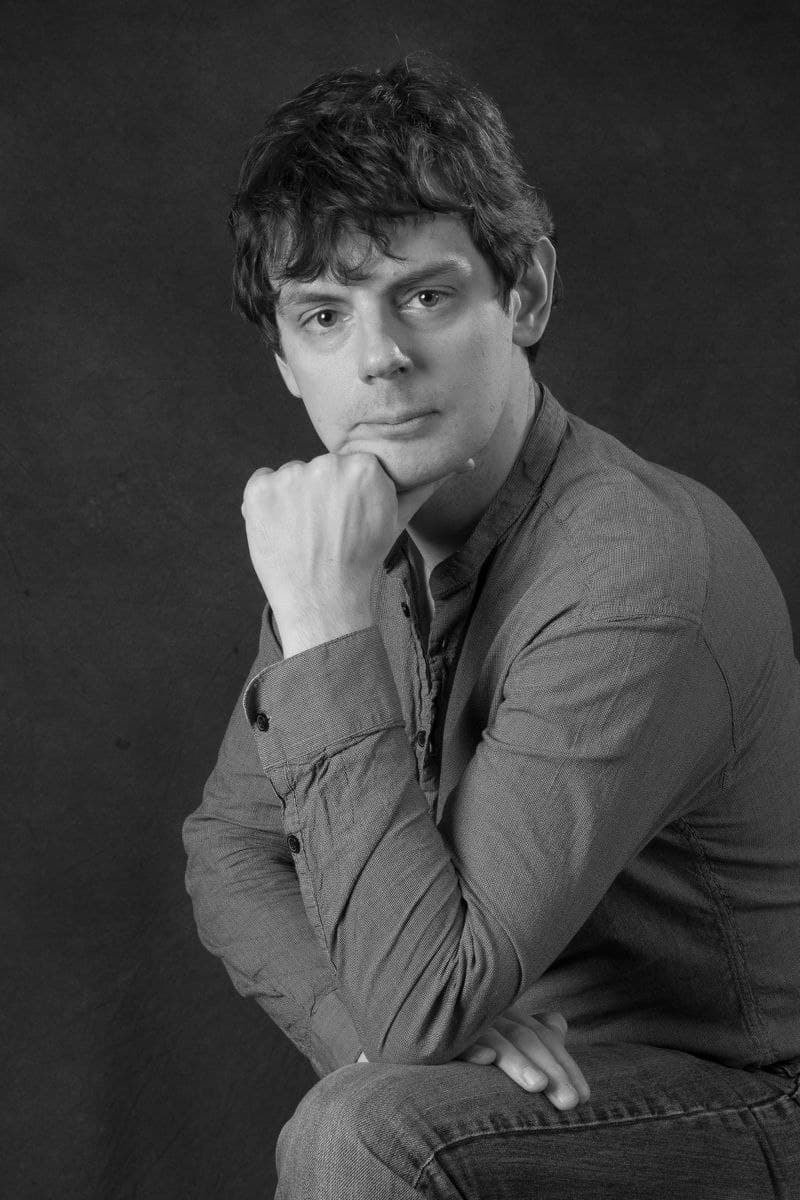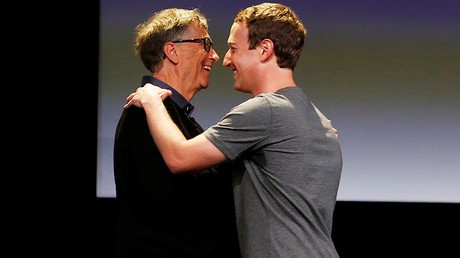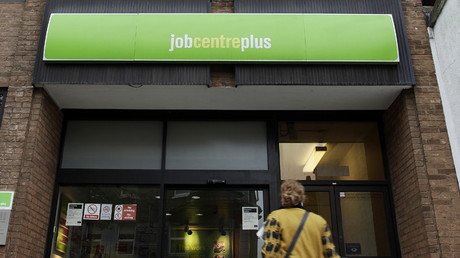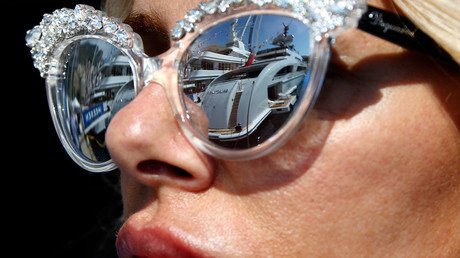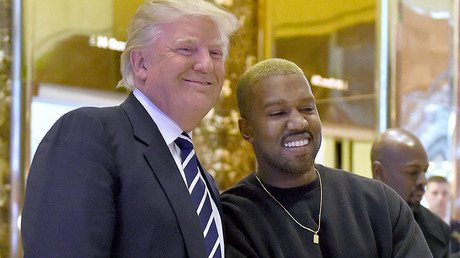Rich & powerful distract us with imagined threats to cling onto their gains
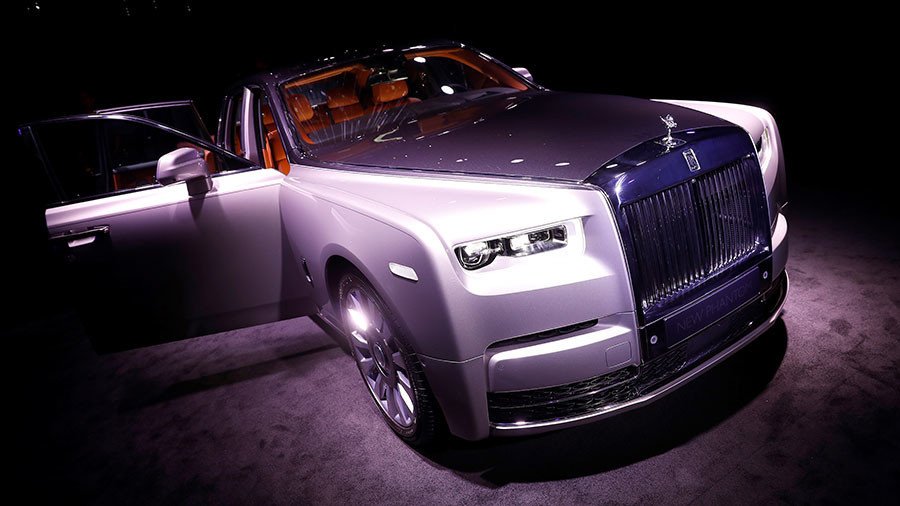
As inequality increases, the wealthy and powerful become more desperate to cling onto their gains and distract us with imagined threats and political sideshows. Jingoism, Russophobia and red-baiting are new opiates for the masses.
Everyone is pleased when the economy booms: the bosses increase their profit share, millionaires morph into billionaires, average Joe and Jane have stable employment and benefit from temporarily increased government investment in public services. When bust inevitably follows boom, as is integral to capitalist economies, the majority suffer, as public services are cut and employers make workers redundant in order to maintain profit margins. Recessions do not affect everyone equally: while the majority tighten their belts, a few become even wealthier.
Following the global financial crisis a decade ago, numerous governments around the world implemented austerity programs to recoup the billions they pumped into bailing out the 'too-big-to-fail' banks. Unemployment subsequently increased and wages, adjusted for inflation, stagnated or fell. Workers' wages across seven EU nations have reportedly decreased in real value since 2009 and a European Parliament briefing report published in 2015 stated that "income inequality has increased in two thirds of EU countries since 2006, specifically for low-wage earners."
In the UK, real wages are still below their pre-2008 recession levels. The LSE's Centre for Economic Performance revealed that during 2007-2015 British workers saw their wages fall by an average of five percent. Among the 35 nations comprising the Organization for Economic Co-operation and Development (OECD), only Greece reported a larger fall in wages.
'Reward Work, Not Wealth,' a report published earlier this year by international charity Oxfam shed a spotlight on rising inequalities. The world's billionaires reportedly increased their combined wealth by $762 billion over the past year – one seventh of this amount alone could eliminate extreme poverty across the globe. The report revealed that 82 percent of the wealth generated last year went to the richest one percent, who now own more than the other 99 percent. New billionaires are appearing at a faster rate than ever – there are now over 2,000 worldwide. In the USA, the three wealthiest individuals alone are as rich as the poorest half (roughly 160 million people).
A think tank associated with leading financial services company Credit Suisse showed that the richest 42 people now possess as much wealth as the poorest 50 percent of humanity (3.7 billion individuals).
Money makes money and the richer you are, the more opportunities you have to access tax havens and utilize other tax avoidance schemes to further increase your wealth.
The Oxfam report recommends: "We can create a more human economy that puts the interests of ordinary workers and small-scale food producers first, not the highly paid and the owners of wealth. This kind of economy could end extreme inequality while guaranteeing the future of our planet. We must reject dogmatic adherence to neoliberal economics and the unacceptable influence of elites on our governments. There are two important ways to achieve this: designing economies to be more equal from the start, and using taxation and public spending to redistribute and create greater fairness."
In his bestselling book, 'Capital in the Twenty-First Century,' renowned French economist Thomas Piketty discusses how, without government intervention, the tendency in advanced capitalist societies is for the rich to become richer, a trend in existence since the 1970s and one that is set to continue.
After World War II, various factors compelled Western governments to reduce inequalities and expand the welfare state. One such factor was the existence of the nominally socialist Soviet Union, which Western leaders feared their people might take inspiration from and develop a sympathetic attitude towards if their basic needs were unmet.
Referring to the USSR in an interview about his book, Piketty commented: "The existence of a counter model was one of the reasons that a number of reforms or policies were accepted."
Curiously, even though the USSR had its own wealthy class and in various ways failed to adhere to the tenets of socialism, its existence kept the worst excesses of Western capitalists at bay, forcing their governments to introduce elements of social democracy as a soporific for the masses. Following the USSR's collapse and the lack of a substitute bloc, capitalists the world over have had free reign to swallow up wealth without fear.
Socialist, communist and broadly left-wing parties around the world took a hit following the USSR's collapse. The left has begun to regain strength within the US and Europe in recent years, even though many of its leaders, such as Bernie Sanders and Jeremy Corbyn, can hardly be considered radicals and are in reality closer to mainstream social democrats who, for example, wouldn't be outside the mainstream in Scandinavian politics.
Nevertheless, even slightly left-of-center politicians who strike a chord with the people invoke extreme fear amongst the super-rich and their retainers within the political and media spheres. Former British Labour Party Leader Ed Miliband, neither radical nor even particularly left-wing, only needed to make a few noises about reducing inequalities, which proved popular with the electorate, before the UK's media smeared him with the title 'Red Ed,' which ironically ought to be an accolade for the leader of a Labour party.
At the Labour Party's 2013 annual conference, Miliband declared that, if elected, he would tackle Britain's "cost of living crisis," raise the minimum wage, and freeze gas and electricity prices for all the UK's homes and businesses for a period of 20 months: a move that would save households and businesses hundreds of pounds a year but would cost the energy firms £4.5 billion ($6.2 billion). A few days later, the UK's Daily Mail published a propaganda hit-piece in which they claimed "Red Ed's pledge to bring back socialism is a homage to his Marxist father," attacking Miliband's left-wing academic father and thus attempting to prove his guilt by association.
Labour's current and far-from-radical leader, Jeremy Corbyn, receives similar treatment from much of the print and broadcast media. He's an anti-Semite if he defends the rights of the Palestinian people, he's a dangerous radical for trying to take the Labour Party part-way back to its original left-wing roots and for motivating people to join or rejoin the party in their tens of thousands, and he's a Kremlin agent if he urges the UK government to take a "measured approach" in relation to the Skripal affair and warns against "rush[ing] way ahead of the evidence being gathered by the police" before blaming Russia.
Conversely, the British media treats UK Prime Minister Theresa May with kid gloves. Rather than tackling a plethora of domestic problems to improve the lives of British people, Theresa May's government chooses to channel its energies into stoking up tensions between the UK and Russia. The recent explosion of Russophobia supported by Britain's pro-government media serves as a useful distraction from domestic problems and the government's mismanagement of Brexit.
The UK's current leaders seek to deflect attention away from their own failings, as everything they touch turns to lead. Their media allies attempt to distract the population with a diet of crass and clumsy propaganda. Britain requires and deserves leadership that puts the needs of the many before the needs of the wealthy – a government that will invest in public services instead of Trident nuclear submarines and serve the interests of the people rather than serving as a cog in the NATO war machine.
There is sufficient wealth across the globe to eliminate extreme poverty many times over and to provide everybody with access to education, healthcare and housing. However, that wealth is becoming increasingly concentrated in the hands of fewer people. Happy and healthy people, who have a strong sense of self-worth and dignity, make positive contributions to their respective societies. Shutting down tax havens and ensuring multinational corporations and the super-rich pay their fair share of tax in order to fund healthcare, housing and education for all are some of the first steps towards building a better world for the many, not the few.
Like this story? Share it with a friend!
The statements, views and opinions expressed in this column are solely those of the author and do not necessarily represent those of RT.
